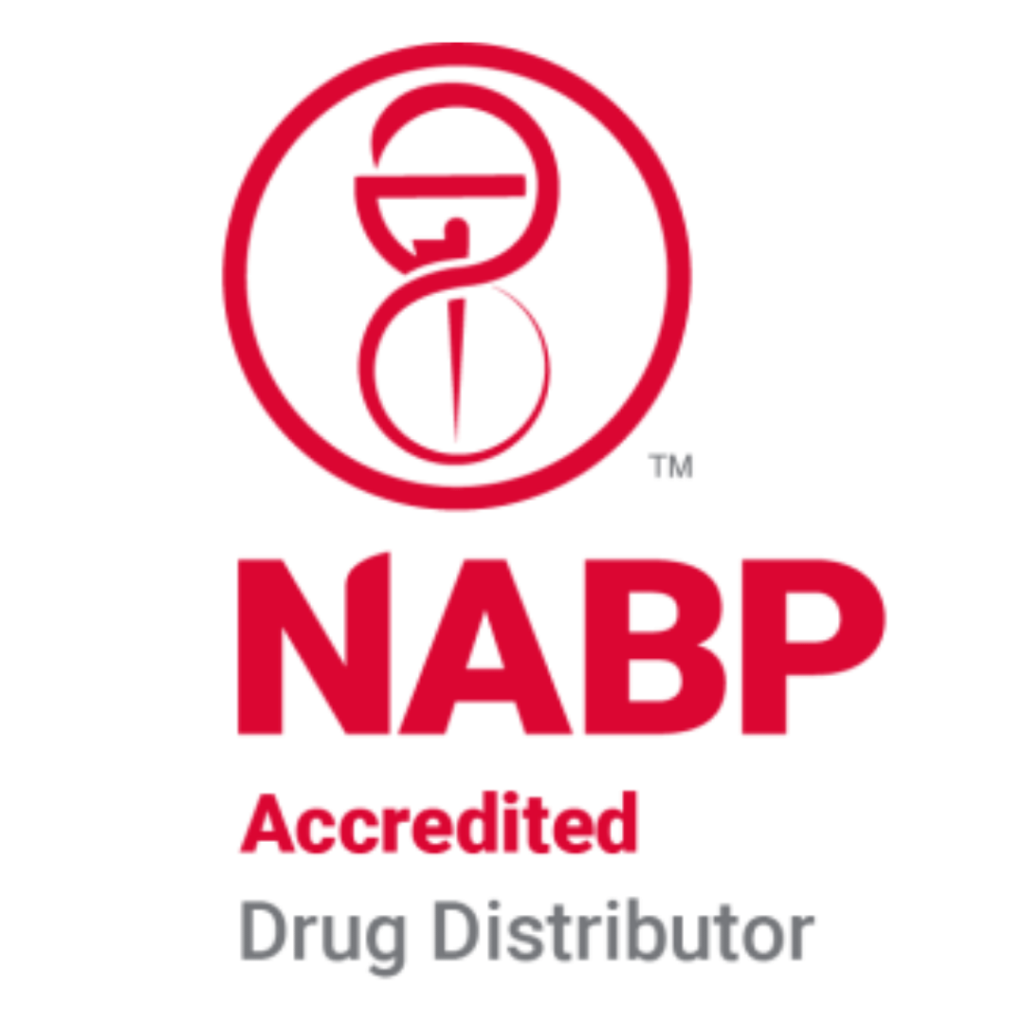As rumors swirl in Washington, D.C., suggesting a delay in pharmacy benefit manager (PBM) reform, the National Community Pharmacists Association (NCPA) issues a stark warning: many local pharmacies are running out of time.
Escalating Crisis in Community Pharmacies
According to NCPA, CEO B. Douglas Hoey, pharmacist, MBA, nearly a third of independent pharmacy owners are considering closing their stores this year. This is due to plunging prescription reimbursements by big insurance plans and their PBMs. Hoey emphasizes the urgency of the situation, warning that failure by Congress to act could lead to the closure of thousands of local pharmacies. As a result, it would leave millions of patients without access to essential medicines.
The Impact of CMS Rule Changes
The crisis has been exacerbated by recent rule changes from the Centers for Medicare & Medicaid Services (CMS). Its intent, to bring more transparency to the industry. While the new provisions, effective from January 1st, require price concessions to be applied at the point of sale, they have resulted in lower reimbursements for pharmacies and forced price concessions from the previous year. This double-whammy has left community pharmacies grappling with financial strain, pushing many to the brink of closure.
Survey Findings: Dire Consequences for Patients and Pharmacies
NCPA’s survey paints a grim picture of the situation. 32% of respondents are considering closing their doors in 2024 due to the cash crunch. A staggering 93% may drop out of Medicare Part D in 2025 if the current trend continues. This could have catastrophic consequences for patient access to essential medications, particularly for senior citizens, with Medicare Part D prescriptions accounting for a significant portion of pharmacy business.
Pharmacy Owners Struggle to Stay Afloat
Pharmacy owners are resorting to desperate measures to stay afloat. Many have taken out lines of credit, reduced staff, and dipped into personal savings. Despite their efforts, over half report losing money on a majority of Part D prescriptions due to inadequate reimbursements from insurance plans and PBMs.
The Need for Immediate Action
Hoey stresses the urgency of the situation and calls for immediate action from Congress and the administration. NCPA has sent a letter to CMS outlining the severity of the problem and urging policymakers to prioritize reforms. Specifically, ones that will safeguard the future of independent pharmacies and ensure patient access to vital medications.
Bipartisan Support for Reform
Despite the challenges, there is bipartisan support for reforms that would alleviate the burden on community pharmacies. NCPA emphasizes that delaying these reforms would have devastating consequences for patient access, healthcare costs, and the overall stability of the healthcare system.
As the crisis in community pharmacies deepens, NCPA urges swift action to address the root causes of medication shortages and preserve access to essential healthcare services for millions of Americans.






